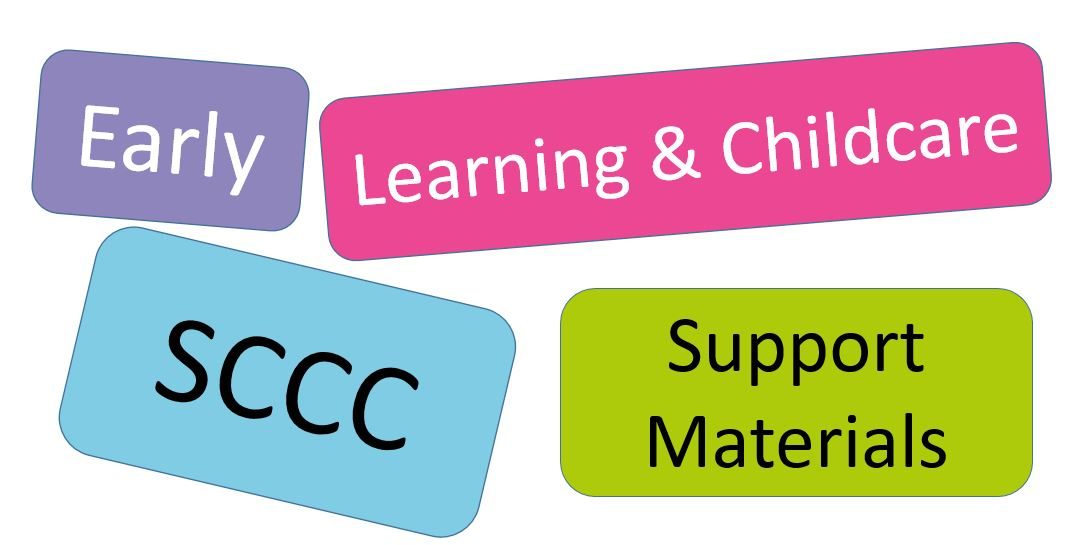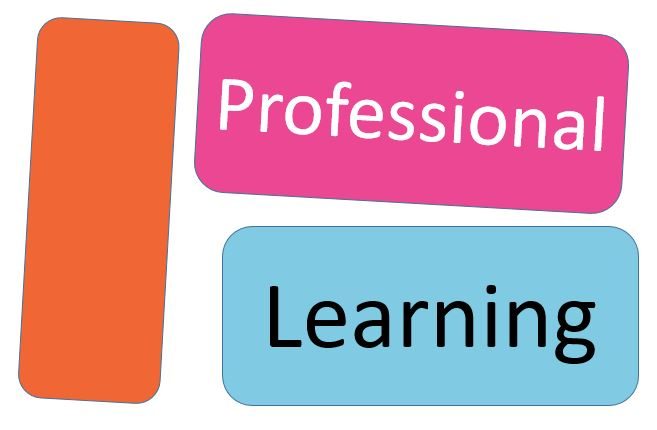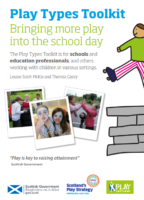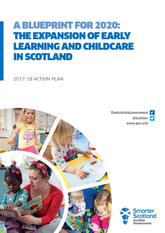** This learning resource is available on the National Improvement Hub
In Falkirk we can use this resource to support reflective practice and to challenge our thinking as to what makes effective learning environments for the promotion of creativity, curiosity and inquiry; and to identify next steps.
How to use this Learning and assessment resource to improve practice?
The resource can be used by individuals and groups of practitioners to support professional learning to develop understanding and support practice in relation to block play.
Links have been made throughout to theories of early learning that support the importance of block play. Links to further reading have been provided to deepen knowledge and understanding.
The resource outlines the different stages of block play and how this relates to children’s development and learning
https://education.gov.scot/improvement/documents/elc27-block-play.pptx
 The SSSC has launched new learning resources to support early learning and childcare workers
The SSSC has launched new learning resources to support early learning and childcare workers

 Play Scotland have created a new toolkit
Play Scotland have created a new toolkit
 Inspectorate has launched a new resource showing how the expressive arts can be used effectively in Early Learning and Childcare (ELC) settings.
Inspectorate has launched a new resource showing how the expressive arts can be used effectively in Early Learning and Childcare (ELC) settings.

